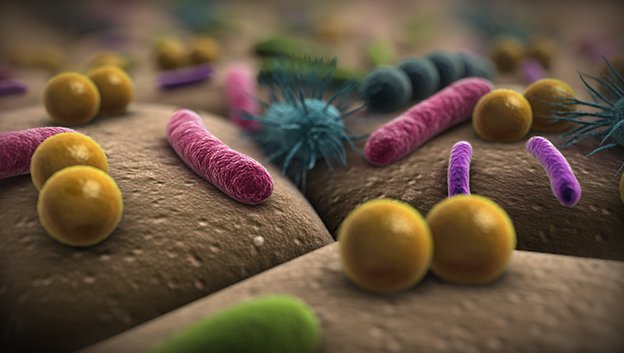The Art of Developing Animated Characters like a Pro
Animated characters are the backbone of many successful animated films, television shows, and video games. They bring a unique energy and personality to your story and can be the driving force behind audience engagement and emotional connection. But how do you go about developing an animated character that will captivate your audience and bring your story to life?
The first step in developing an
animated character is to create a detailed character design. This includes
defining the character's appearance, personality, and backstory. Think about
the character's physical features, such as hair color, eye shape, and clothing,
as well as their personality traits and motivations. The more detailed your
character design is, the easier it will be to bring your character to life on
screen.
Once you have a solid character
design, you need to think about how the character will move and interact with
their environment. This includes not only the character's physical movements,
but also their facial expressions and body language. These elements are crucial
to making your character feel believable and relatable to your audience.
Another important aspect of developing
an animated character is voice acting. The voice actor you choose will play a
huge role in bringing your character to life, so it's important to find someone
who can capture the character's personality and bring the right energy to your
story. When choosing a voice actor, consider the character's age, accent, and
tone of voice, and make sure you choose someone who can bring all of these
elements to life.
Another important factor in developing
an animated character is animation rigging. This is the process of creating a
skeleton for your character that will allow them to move in a believable and
natural way. A well-rigged character will be able to move smoothly and fluidly,
making the animation feel more believable and engaging.
Once you've developed your character
design, movements, voice, and rigging, it's time to bring your character to
life on screen. This is where animation comes into play. The animation process
can be complex, but with the right tools and techniques, you can create a
character that will captivate your audience and bring your story to life.
Finally, it's important to keep in mind that animated characters are never finished. As you continue to work with your character, you may find that you need to make changes or adjustments to the design, movement, or voice to better fit the story or make the character more engaging. This is all part of the ongoing process of developing an animated character and is essential to creating a character that will stand the test of time.





Comments
Post a Comment